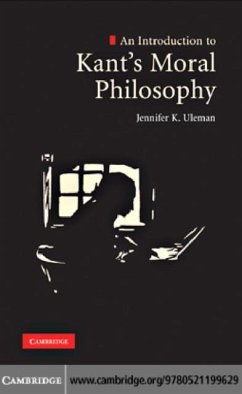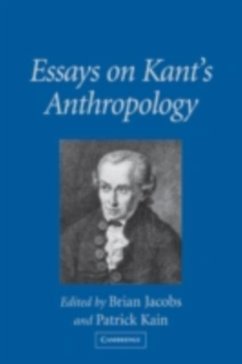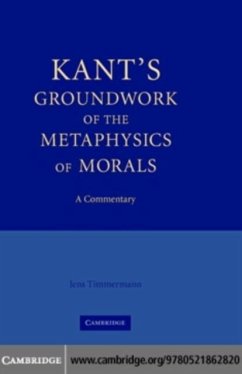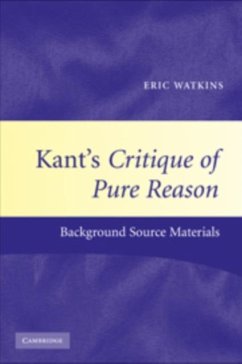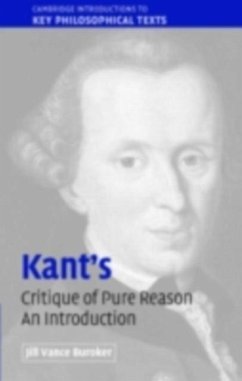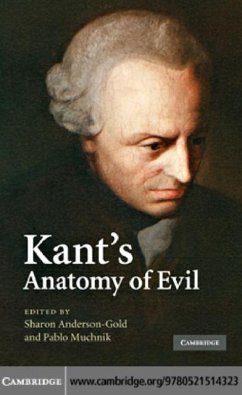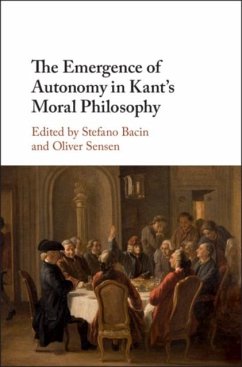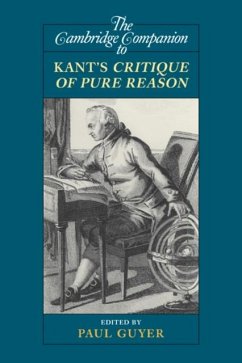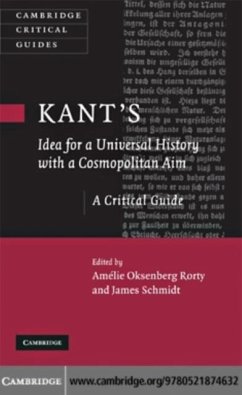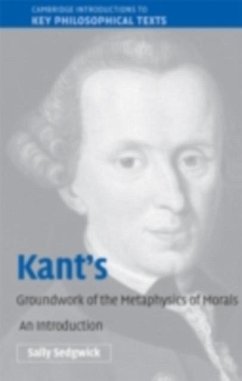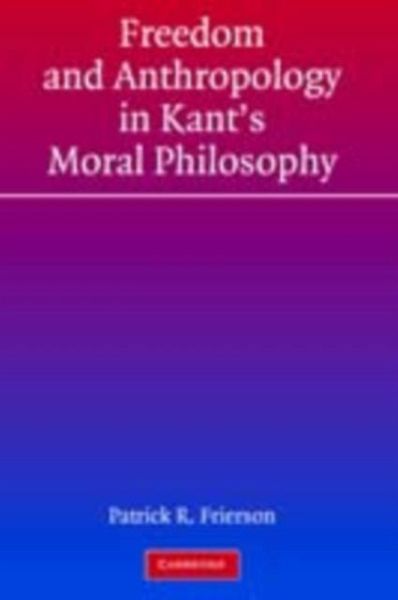
Freedom and Anthropology in Kant's Moral Philosophy (eBook, PDF)
Versandkostenfrei!
Sofort per Download lieferbar
32,95 €
inkl. MwSt.
Weitere Ausgaben:

PAYBACK Punkte
16 °P sammeln!
This book offers a comprehensive account of Kant's theory of freedom and his moral anthropology. The point of departure is the apparent conflict between three claims to which Kant is committed: that human beings are transcendentally free, that moral anthropology studies the empirical influences on human beings, and that more anthropology is morally relevant. Frierson shows why this conflict is only apparent. He draws on Kant's transcendental idealism and his theory of the will and describes how empirical influences can affect the empirical expression of one's will in a way that is morally sign...
This book offers a comprehensive account of Kant's theory of freedom and his moral anthropology. The point of departure is the apparent conflict between three claims to which Kant is committed: that human beings are transcendentally free, that moral anthropology studies the empirical influences on human beings, and that more anthropology is morally relevant. Frierson shows why this conflict is only apparent. He draws on Kant's transcendental idealism and his theory of the will and describes how empirical influences can affect the empirical expression of one's will in a way that is morally significant but still consistent with Kant's concept of freedom. As a work which integrates Kant's anthropology with his philosophy as a whole, this book will be an unusually important source of study for all Kant scholars and advanced students of Kant.
Dieser Download kann aus rechtlichen Gründen nur mit Rechnungsadresse in A, B, BG, CY, CZ, D, DK, EW, E, FIN, F, GR, HR, H, IRL, I, LT, L, LR, M, NL, PL, P, R, S, SLO, SK ausgeliefert werden.




